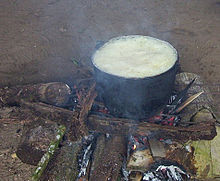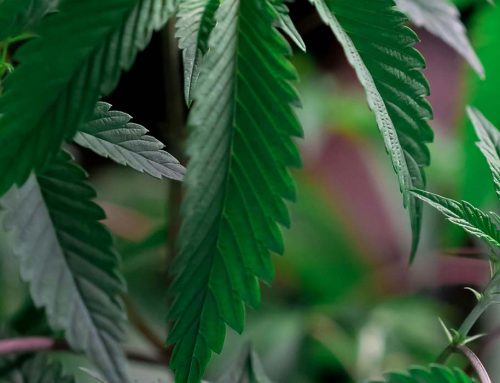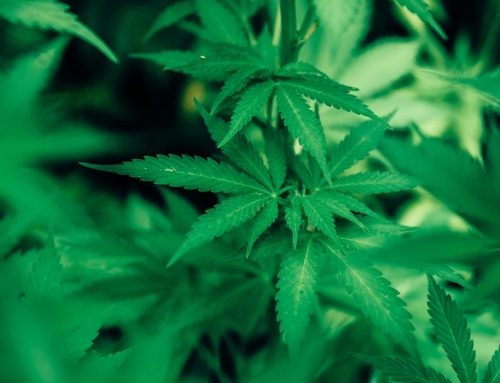Could prisoners win the right to weed behind bars?
 Well, no, probably not anytime soon, at least not in the United States. But the idea isn’t as far-fetched as it might seem.
Well, no, probably not anytime soon, at least not in the United States. But the idea isn’t as far-fetched as it might seem.
Inmates in the South American nation of Uruguay are already given access to medical marijuana. And now prisoners in Brazil are allowed to drink a hallucinogenic tea commonly used in centuries-old religious rituals.
The beverage is called ayahuasca, and it’s infused with DMT, a powerful hallucinogenic agent. The tea is brewed with vine from the Banisteriopsis caapi plant and leaves from the Psychotria viridis plant, both of which contain DMT.
Ayahuasca use dates back over 500 years
Ayahuasca has been an integral part of Amazonian culture since well before the Portuguese arrived in the early 16th century. Several indigenous religions have grown up around it.
That’s why some inmates are allowed to participate in ayahuasca ceremonies, usually deep within the country’s expansive rain forest. The furloughs are viewed by supporters and inmates as a way to ease conditions in a severely overcrowded Brazilian prison system.
“Many people in Brazil believe that inmates must suffer, enduring hunger and depravity,” said Euza Beloti, one of the psychologists behind the program. “This thinking bolsters a system where prisoners return to society more violent than when they entered prison. We simply see inmates as human beings with the capacity to change.”
Beloti works for Acuda, a prisoners’ rights group based in Pôrto Velho on the Atlantic Coast. In response to a riot there in 2002, the group started offering yoga, meditation, and Reiki, a spiritual medicinal ritual.
Easing tension in overcrowded Brazilian prison system

It’s not clear that the practice will spread or even survive for long. A report in The New York Times suggests Brazilian politicians are becoming more punitive toward drugs, not less.
But even if only the idea lives on, it could pave the way for greater medical access to drugs that work. If these substances can improve life for prison inmates, just imagine what they could do for the rest of society.
Ayahuasca is a legally protected religious sacrament in the United States, but it’s not allowed for any other use. The Supreme Court ruled in 2006 that certain South American groups are protected by the Religious Freedom Restoration Act and may use plants containing DMT for ceremonial purposes.
Sadly, the same protections don’t exist for marijuana users in the United States – even those who belong to legitimate religious groups that use cannabis in their rituals, such as the Rastafari movement.






